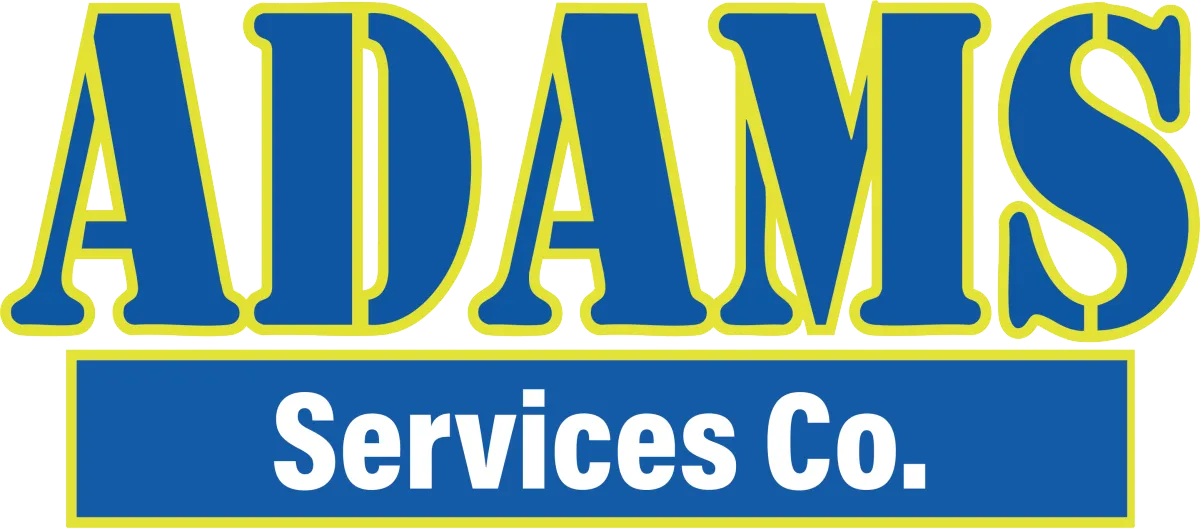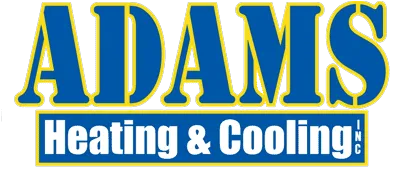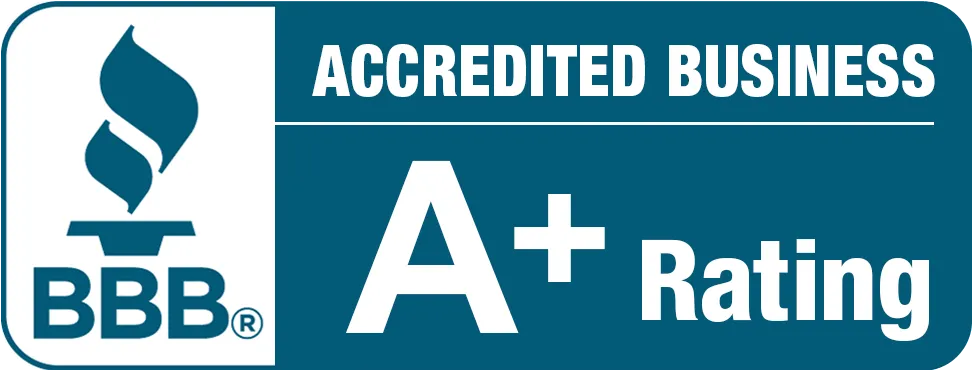Adams Heating & Cooling
HVAC Experts You Can Trust
Serving Tuscaloosa, AL, Birmingham, AL, and surrounding areas since 1982
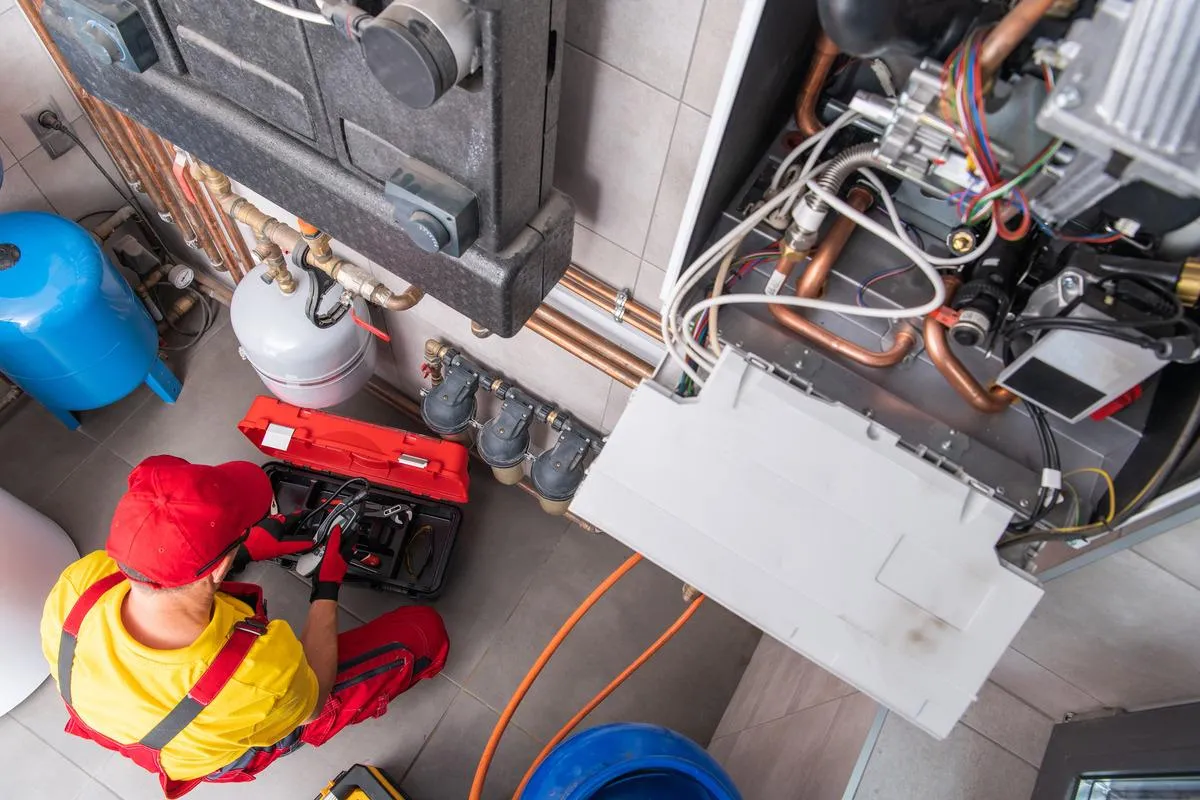
Heating System 101: What You Need to Know About Installation
When it gets cold outside, a reliable heating system is more than just a convenience; it's a necessity. It's the comforting warmth that greets you after a long day, the steady hum of a familiar friend, and the assurance that your home or business will remain cozy and inviting. Yet, the task of selecting and installing a new heating system can often feel overwhelming. That's where Adams Heating and Cooling steps in.
A Trusted Partner in Heating Solutions
As a seasoned HVAC company, we've dedicated ourselves to providing top-notch heating solutions tailored to your specific needs. Our team of experienced professionals understands the intricacies of various heating systems, and we're committed to guiding you through the selection process to find the perfect match for your space. From cozy homes to bustling businesses, we have the expertise to ensure your comfort throughout the coldest months.
A Diverse Range of Heating Options
The market is brimming with a variety of heating systems, each with its unique characteristics and benefits. To help you make an informed decision, let's explore some of the most popular options:
Forced-Air Furnaces: These are the classic choice, utilizing a blower to distribute heated air throughout your space. They can be fueled by natural gas, propane, or electricity, offering versatility in terms of fuel sources.
Heat Pumps: A more energy-efficient option, heat pumps can both heat and cool your environment. They work by transferring heat from the outside air, making them a popular choice for those seeking both comfort and sustainability.
Radiant Floor Heating: Imagine walking on a warm, inviting floor, free from cold drafts. Radiant floor heating uses electric cables or hot water pipes to heat the floor directly, providing a luxurious and even heating experience.
Baseboard Heaters: Compact and efficient, baseboard heaters are a popular choice for smaller spaces. They are typically electric-powered and offer a discreet heating solution.
Electric Furnaces: Similar to forced-air furnaces, electric furnaces use electricity to heat the air. They are ideal for areas without access to natural gas or propane.
The Adams Heating and Cooling Advantage
When you choose Adams Heating and Cooling, you're not just selecting a heating system; you're partnering with a team dedicated to your comfort. Our expertise extends beyond installation; we offer comprehensive services including:
Personalized Consultation: We'll assess your space, lifestyle, and preferences to recommend the ideal heating system.
Efficient Installation: Our skilled technicians ensure a seamless and timely installation, minimizing disruption to your daily routine.
Regular Maintenance: Preventive maintenance is key to prolonging the life of your heating system and ensuring optimal performance.
Prompt Repairs: Should any issues arise, our responsive team is ready to provide swift and reliable repairs.
A well-functioning heating system is the cornerstone of a comfortable home or business. At Adams Heating and Cooling, we're committed to providing the expertise, quality, and personalized service you deserve. Let us help you find the perfect heating solution and experience the warmth and comfort you've been longing for.
Factors to Consider When Choosing a Heating System
When selecting a heating system, it's essential to consider various factors to ensure optimal comfort and efficiency. Here are key elements to keep in mind:
Home or Business Size
The dimensions of your space play a crucial role in determining the appropriate heating system capacity. A larger area will require a more powerful system to maintain a comfortable temperature.
Example: Imagine a cozy cottage versus a sprawling mansion. A small, efficient electric heater might suffice for the cottage, while a larger home might necessitate a powerful gas furnace.
Budget Considerations
Heating systems come in a wide range of prices, influenced by factors like technology, efficiency, and brand. Setting a realistic budget before shopping will help you narrow down your options and avoid overspending.
Example: If you're on a tight budget, a more affordable gas furnace might be a practical choice. However, if energy efficiency is a priority, you might be willing to invest in a more expensive heat pump.
Energy Efficiency Goals
Energy efficiency is a key consideration for homeowners and businesses seeking to reduce their environmental impact and lower utility bills. Newer models often offer advanced features like variable-speed motors and smart thermostats that can significantly improve efficiency.
Example: A homeowner concerned about sustainability might opt for a geothermal heat pump, which utilizes the Earth's natural heat to provide both heating and cooling.
Local Climate
The climate in your region greatly influences the ideal heating system. Colder climates demand more powerful systems to combat frigid temperatures, while milder climates might allow for less intense heating solutions.
Example: In a region with harsh winters, a high-efficiency gas furnace might be necessary to maintain comfortable temperatures. In contrast, a milder climate might be suitable for a heat pump.
Additional Considerations
Beyond these primary factors, other considerations may include:
Aesthetics: The system's appearance and how it blends with your home's interior design.
Maintenance Requirements: Some systems require more frequent maintenance than others.
Noise Levels: If noise is a concern, consider systems with quieter operation.
Government Incentives: Explore available tax credits or rebates that might offset the cost of a new heating system.
By carefully evaluating these factors, you can make an informed decision and select a heating system that perfectly suits your needs and preferences..
The Heating System Installation Process
The installation of a new heating system involves several crucial steps to ensure optimal performance and efficiency. Let's delve into the details:
Planning and Design
The initial phase involves careful planning and design to tailor the system to your specific needs. This includes:
Needs Assessment: Determining the ideal size and type of heating system based on your home's square footage, desired temperature, and climate.
Efficiency Considerations: Exploring energy-efficient options to reduce long-term costs and minimize environmental impact.
Equipment Placement: Strategically selecting the location of the furnace, heat pump, or other equipment to optimize airflow and minimize noise.
Example: A homeowner in a cold climate might opt for a high-efficiency gas furnace with a zoned heating system to control temperatures in different areas of the house.
Permitting
Before commencing installation, it's essential to obtain the necessary permits from your local building department. This ensures compliance with safety regulations and code requirements.
Permit Application: Submitting the required documentation, including plans and specifications for the new heating system.
Inspections: Scheduling inspections at various stages of the installation process to verify compliance with building codes.
Compliance: Addressing any issues or deficiencies identified during inspections to ensure a smooth approval process.
Example: A homeowner might encounter delays if they fail to obtain the necessary permits before starting the installation, potentially leading to additional costs and disruptions.
Installation
The installation phase involves a skilled team of technicians who carefully install the heating system equipment and connect it to your home's existing infrastructure.
Equipment Installation: Safely and securely install the furnace, heat pump, or other components according to manufacturer guidelines.
Ductwork and Vents: Connecting the system to your home's ductwork and vents to ensure proper airflow and distribution of heated air.
Electrical Connections: Ensuring safe and efficient electrical connections to power the system.
Example: A homeowner might experience issues with uneven heating if the ductwork is not properly sealed or if there are obstructions in the airflow.
Testing and Commissioning
Once the installation is complete, a thorough testing and commissioning process is conducted to verify the system's functionality and efficiency.
System Testing: Running the system through various cycles to check for proper operation and identify any potential issues.
Efficiency Checks: Measuring the system's energy consumption to ensure it meets efficiency standards.
Safety Inspections: Verifying that all safety features are functioning correctly.
Example: A homeowner might discover a faulty thermostat during the testing phase, which could lead to inefficient heating and higher energy bills.
By following these steps, you can ensure a successful and efficient heating system installation that will provide warmth and comfort for years to come.
Benefits of Having a New Heating System Installed
Investing in a new heating system can offer numerous advantages that extend beyond simply staying warm during the cold months. Here are some key benefits to consider:
Improved Energy Efficiency
Modern heating systems are often equipped with advanced technologies that enhance energy efficiency. This means less energy consumption, leading to lower utility bills and a reduced environmental footprint.
Example: A homeowner who replaces an outdated furnace with a high-efficiency model might save hundreds of dollars on their annual heating costs.
Lower Energy Costs
Beyond efficiency, a well-installed and maintained heating system can operate more reliably, minimizing the need for costly repairs and replacements. This translates to long-term savings on energy expenses.
Example: A homeowner who experiences frequent breakdowns with their old furnace might find that a new system pays for itself in reduced repair costs over time.
Increased Comfort
A new heating system can significantly enhance your indoor comfort. Modern systems often offer features like zoned heating, allowing you to customize temperatures in different areas of your home. Additionally, advanced filtration systems can improve air quality and reduce allergens.
Example: A homeowner with allergies might notice a significant improvement in their symptoms after installing a new heating system with a high-quality air filter.
Improved Air Quality
Some heating systems, especially those with advanced filtration systems, can help purify the air in your home. This can be beneficial for individuals with respiratory issues or allergies.
Example: A family with young children might prioritize a heating system with a built-in air purifier to create a healthier indoor environment.
Increased Home Value
A well-maintained and energy-efficient heating system can enhance the value of your home. Potential buyers often look for properties with modern amenities and lower energy costs.
Example: A homeowner planning to sell their home might find that a recent heating system installation can attract more buyers and potentially command a higher asking price.
Costs Associated with Heating System Installation
The cost of installing a new heating system can vary significantly depending on several factors. While it's impossible to provide an exact figure without a detailed assessment, here are some key elements that influence the overall cost:
System Type and Size
The type of heating system you choose, such as a furnace, heat pump, or radiant floor heating, will directly impact the cost. Additionally, the size of the system required to heat your space will also play a role. Larger systems naturally tend to be more expensive.
Example: A high-efficiency gas furnace might be more cost-effective than a geothermal heat pump, but the latter could offer significant long-term energy savings.
Installation Complexity
The complexity of the installation can significantly affect the cost. Factors to consider include:
Ductwork Modifications: If your existing ductwork needs to be replaced or modified, this can add to the overall cost.
Permits and Inspections: Obtaining necessary permits and scheduling inspections can incur additional fees.
Accessibility: The ease of access to your home or business can influence the labor costs involved in the installation.
Example: A home with limited access to the attic or basement might require additional labor to install ductwork, potentially increasing the cost.
Labor Costs
The cost of labor can vary depending on your location, the experience and expertise of the technicians, and the complexity of the installation.
Example: Hiring a highly experienced and certified HVAC technician might come at a premium, but their expertise can ensure a smooth and efficient installation.
Additional Costs
Other potential costs to consider include:
Demolition and Removal: If you're replacing an existing heating system, there might be costs associated with removing the old equipment.
Electrical Upgrades: In some cases, electrical upgrades might be necessary to accommodate the new heating system.
Financing Options: If you're financing the installation, interest rates and terms can impact the overall cost.
Example: A homeowner might need to upgrade their electrical panel to accommodate a new high-efficiency heat pump.
While it's difficult to provide a precise estimate without a thorough evaluation, you can expect to pay several thousand dollars for a new heating system installation. By understanding the factors that influence the cost, you can make informed decisions and budget accordingly. It's always recommended to obtain quotes from multiple reputable HVAC contractors to compare prices and services before making a final choice.
Conclusion
Choosing and installing a new heating system is a significant decision that can greatly impact your home's comfort and energy efficiency. With various options available, it's essential to assess your specific needs and preferences. A new heating system can lead to improved performance, reduced energy costs, and a more consistent indoor temperature. Additionally, upgrading to a modern system often means enhanced features such as programmable thermostats and better air quality.
At Adams Heating and Cooling, we understand that navigating this process can be overwhelming. Our team of experienced professionals is here to guide you every step of the way, helping you select the perfect heating system that fits your home and lifestyle. We also ensure that the installation is done correctly and efficiently, so you can enjoy the benefits without any hassle.
Don't hesitate to reach out! Contact Adams Heating and Cooling at 205-339-6540 to schedule your HVAC service and repair appointment today. Let us help you create a warm, comfortable environment in your home.

Tired of seeing those sky-high electric bills?
It's time to take control of your energy costs, and your HVAC system is a great place to start!
No more sweating over those monthly expenses!
Grab our FREE checklist to discover simple, yet effective, ways to lower your energy consumption and save money on your electric bill.
Inside this handy guide, you'll find:
Easy-to-follow tips to optimize your HVAC system's efficiency.
Common energy-wasting mistakes to avoid.
Actionable steps to make a real difference in your energy usage.
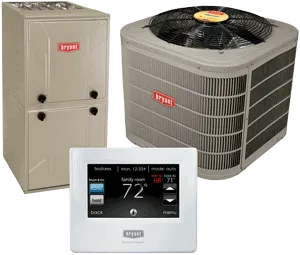
Free Estimates on Complete System Replacement
Call Now 205-339-6540
Office: 3415 Hargrove Road East,
Tuscaloosa, AL 35405
Office: 1236 Blue Ridge Blvd, Suite 111, Hoover, AL 35226
Call 205-339-6540
Call 205-606-4222
Email: [email protected]
